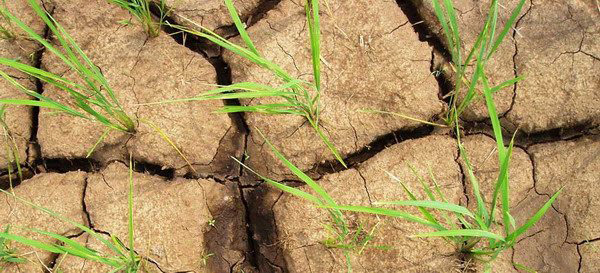The round of nominations ended, the political forces presented with their lists where the marked people lay a claim to predict the future of the country in the next five years. Yes, it is a new system, a new Constitution, however, aesthetically, the spirit of Soviet totalitarianism, however, dominates in the political spectrum of Armenia. Huge and semi-dark halls, big and tasteless wallpaper, the leader under the light saying crunchy and frothy speeches, similar senseless applauses … But formally, with “documents”, everything is fine: Armenia is headed to the formation of a new parliament, “clashes” of opinions, without quotation marks, clash of ambitions, inevitably blows are delivered, and in the conditions of ideological vacuum, the political leaders are trying to impress the public with somersaults of their thoughts, with pirouettes, rollovers, and other amazing acrobatic language tricks.
“In our country “traditionally” a person decides a lot,” pointedly say the beneficiaries of the current abnormal situation. Well, certainly, if not for the factor of a person, then how will let’s say the “Armenian Renaissance” differ from “Ohanyan-Raffi-Oskanian” alliance, the “Ohanyan-Raffi-Oskanian” alliance differ from “Tsarukyan” alliance, and all these three taken together differ from RPA. Everybody is in favor of what is good, and naturally, are against everything that is bad, isn’t it? Apropos, nobody particularly objects anyone’s words but selflessly continue to say and will say what he wants until the election day. And as to what he says, very few people are interested in it as the words are depreciated and lost their value. It is also a pattern. The words express the thought, even the absence of thought. Moreover, in politics.
The thought tolerating the trampling of values cannot but utter depreciated words. Well, and how else is the trampling of values? It happens, for example, when you want to persuade, including yourself that you continue to remain liberal and an advocate of European values in an alliance named after an oligarch, and in the case of victory of this alliance, you will build a state just on these European values. Or, you are talking about the European values for years but later make an ally with someone who has speechlessly serviced for years and humbly serviced the government that executed the peaceful demonstration. Certainly, it is absurd to make judgments about abstract morality when it seems that the “pragmatism” dictates a different approach.
However, the pragmatism should be deprived of quotation marks, and even if we approach the question from the most pragmatic and dry accounting perspective, then the minus in the balance passes across the forehead of all political forces as a big stigma. This minus is caused by the absence of this pragmatism. Pragmatism, as they say, was not even “seen” there, even at the time when Artsakh was removed from the format of negotiations, when the gas pipeline coming from Iran was becoming “thinner”, or the gas, petroleum and railway monopolies were donated to Russians, along with the military base, moreover paying for utility costs, “incurred losses” and so on, or entering the country into the “Eurasian” camp by leaving the hope on the Lars, explaining it “for security reasons” in order to get the four-day war shortly after.
Read also
On the other hand, there are political forces in Armenia who openly declare that they intend to build a European-type state in Armenia as only this kind of the state serves citizens rather than be fed at the expense of the citizens while this requires taking the country out from the “unions” created under Russian hegemony. But everything is not definite there too. It turns out that the European-type state is only “domestic politics”, and it has nothing to do with being a “pro-European” while Armenia should still remain in this Russian alliances, and this idea does not receive any objection in terms of meaning and content. It will be just interesting to see this “European-type state” in the CIS, CSTO and EaEU structure where the monopolies of companies headed by Putin’s friends are operating there, and the international sanctions are extended to all of them, FSB has “built a nest” at the airport, one fifth of the army constitutes a part of the “joint troops” with Russians, and all of that under unsettled conflict.
.. There was no politics in the Soviet Union too, it was a monopoly of a group of people, moreover, in Moscow. While in Armenia where there was even a Ministry of Foreign Affairs, there was no politics, and there was no need for it, there were only administrative intrigues and only when the time to change the first Secretary-General matured. Today, in this sense, Armenia is re-Sovietized, and in a political sense, there is a drought. Armenia in this situation does not need politics, and there cannot be politics here. The politics in Armenia can begin from the moment when you raise a question: how do you visualize the course of the relationship with Russia, and what will you do after Russia? Only save words, for God’s sake. Confucius used to say: when words lose their meaning, people lose their freedom. Whereas our inner freedom is the only thing that even it is hundred Putin cannot take it from us if we do not deprive ourselves of it.




























































